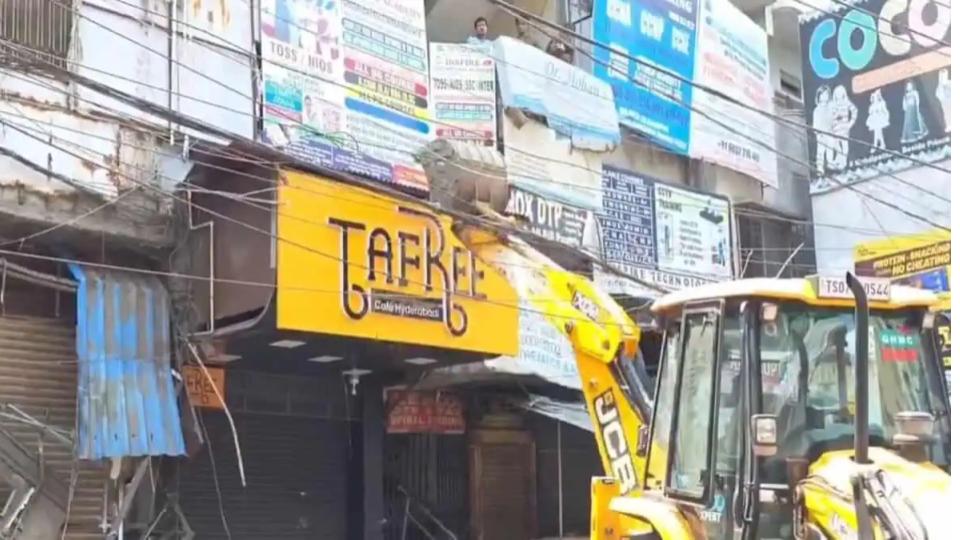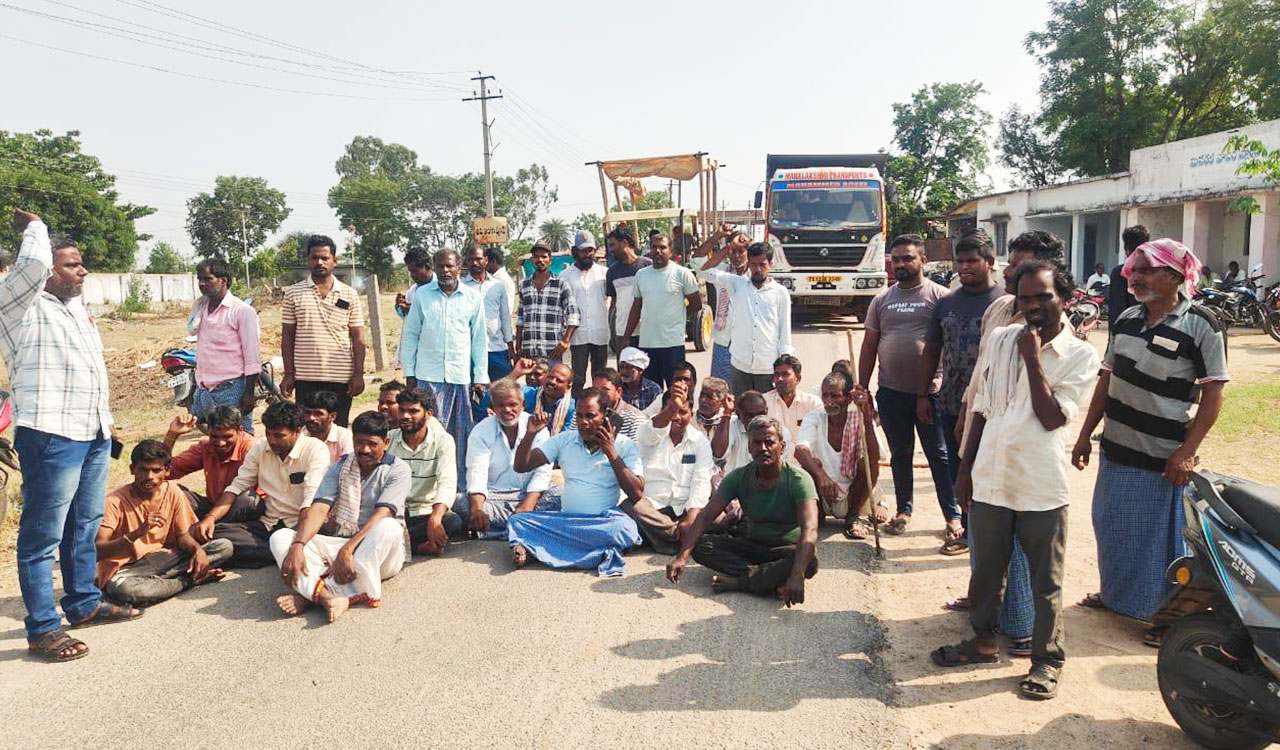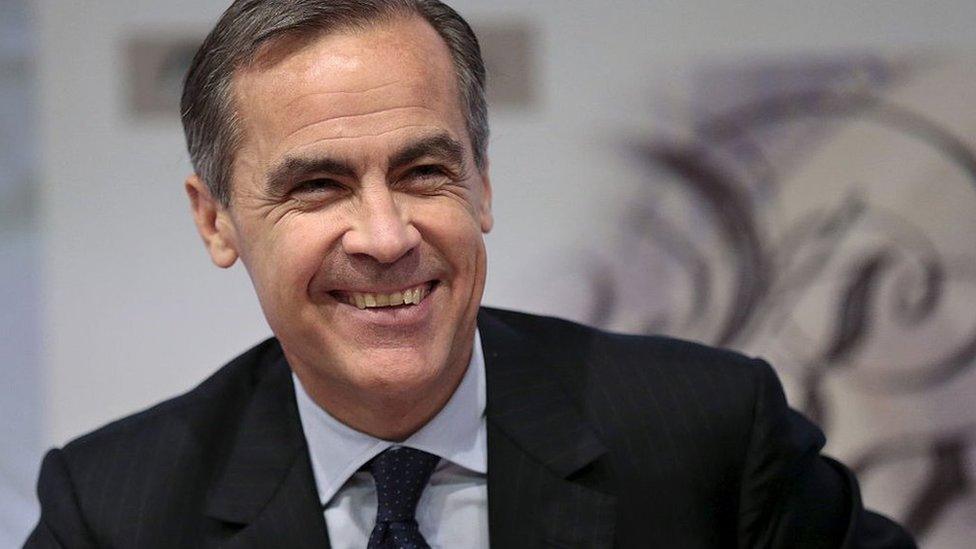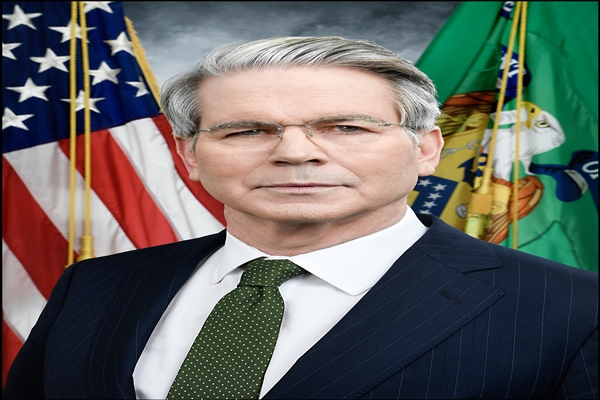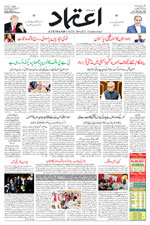EC organises virtual National Conference on Accessible Elections 2021
Wed 22 Sep 2021, 09:41:17
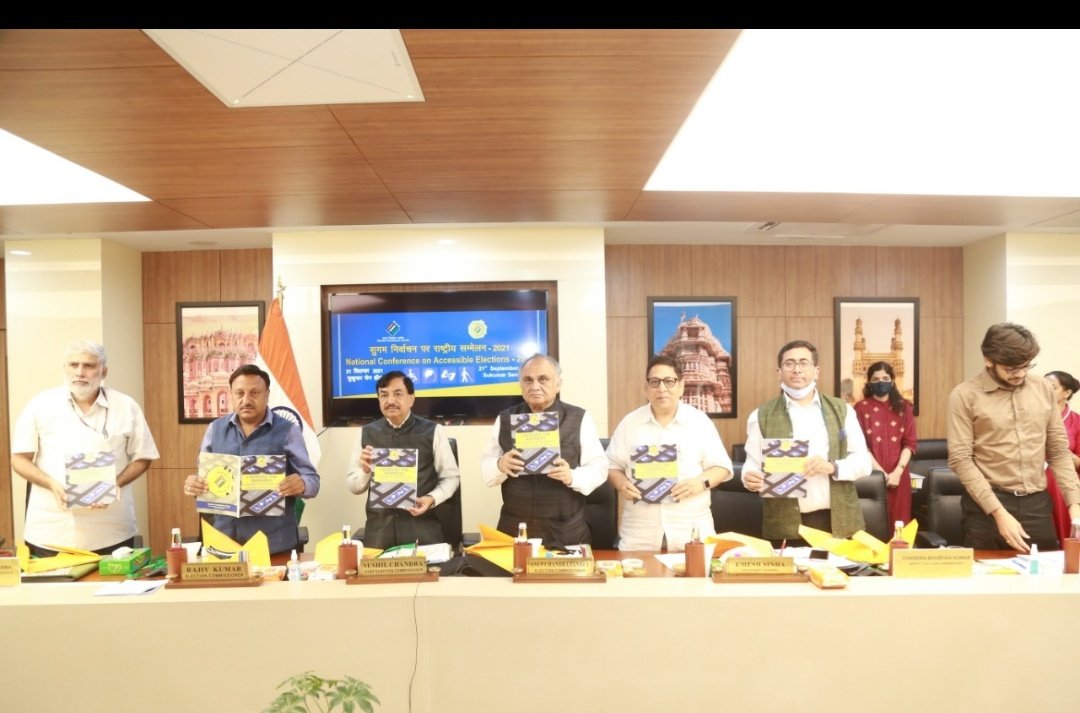
New Delhi: The Election Commission yesterday organised a virtual National Conference on Accessible Elections 2021 with the objective to assess the present accessibility policies and discuss strategies for addressing barriers to enhance participation in electoral process for voters with disabilities.
The virtual conference was attended by Chief Electoral Officers, Civil Society Organisations representing various disabilities and representatives from Government Ministries and Institutions.
Reaffirming Election Commission’s commitment to make elections more inclusive, accessible, and voter friendly for Persons With Disabilities, Chief Election Commissioner, Sushil Chandra said that the Commission values the decision making role of primary stakeholders - the voters including persons with disabilities, who can and should play a key role in electoral process.
He added that all the meaningful inputs and recommendations suggested by Persons with Disabilities and their representative organisations are taken into consideration while framing guidelines for enhancing inclusivity and accessibility at every step of the electoral process.
Mr Chandra reiterated Commission’s commitment in various international resolutions and mandates emphasising the inclusion of Persons with Disabilities in the electoral process.
He emphasized the need for pleasant and dignified polling experience to Persons With Disabilities.
He mentioned that all polling stations are on ground floor
equipped with ramp and wheelchairs, sufficient volunteers are kept at polling stations for smooth and hassle free election experience.
equipped with ramp and wheelchairs, sufficient volunteers are kept at polling stations for smooth and hassle free election experience.
Election Commissioner Rajiv Kumar said that the Rights of Persons with Disabilities Act 2016 provides for a legal mandate to ensure all polling stations to be made accessible for persons with disabilities and all material related to electoral process are easily understandable and usable by them.
Election Commissioner Anup Chandra Pandey emphasised on the need for Community support systems to be strengthened by ways of advanced data processing, identifying community referral points and creating harmonised echo systems for specific citizens groups such as persons with disabilities and senior citizens.
It was informed that as on today about 77.4 lakh Persons With Disabilities are registered voters.
Recognising that a strong and vibrant democracy is founded on the bedrock of inclusion and participation, today’s deliberations focused on themes of Identification or mapping of Persons With Disabilities, Accessible Registration, Facilitation at Polling Stations, Efficient use of Technology for Accessible elections, Accessible Voter Education and Leveraging Partnerships and Collaborations and Media Outreach.
Based on suggestions received from different stakeholders, a resolution was adopted to pave the way forward to further streamline the policy framework on Accessible Elections for future elections.
No Comments For This Post, Be first to write a Comment.
Most viewed from National
Most viewed from World
AIMIM News
Latest Urdu News
Most Viewed
May 26, 2020
Which Cricket team will win the IPL 2025 trophy?
Latest Videos View All
Like Us
Home
About Us
Advertise With Us
All Polls
Epaper Archives
Privacy Policy
Contact Us
Download Etemaad App
© 2025 Etemaad Daily News, All Rights Reserved.

.jpg)
.jpg)
.jpg)
.jpg)
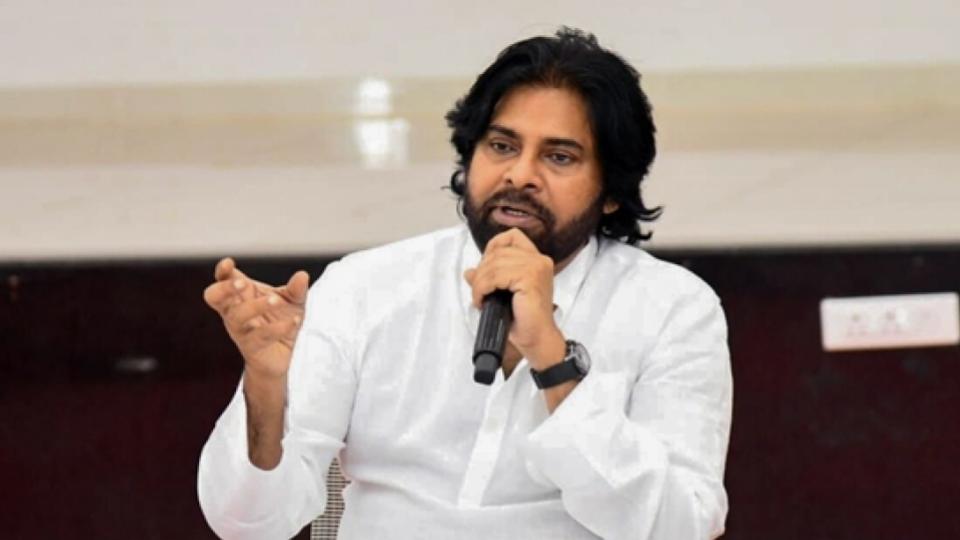
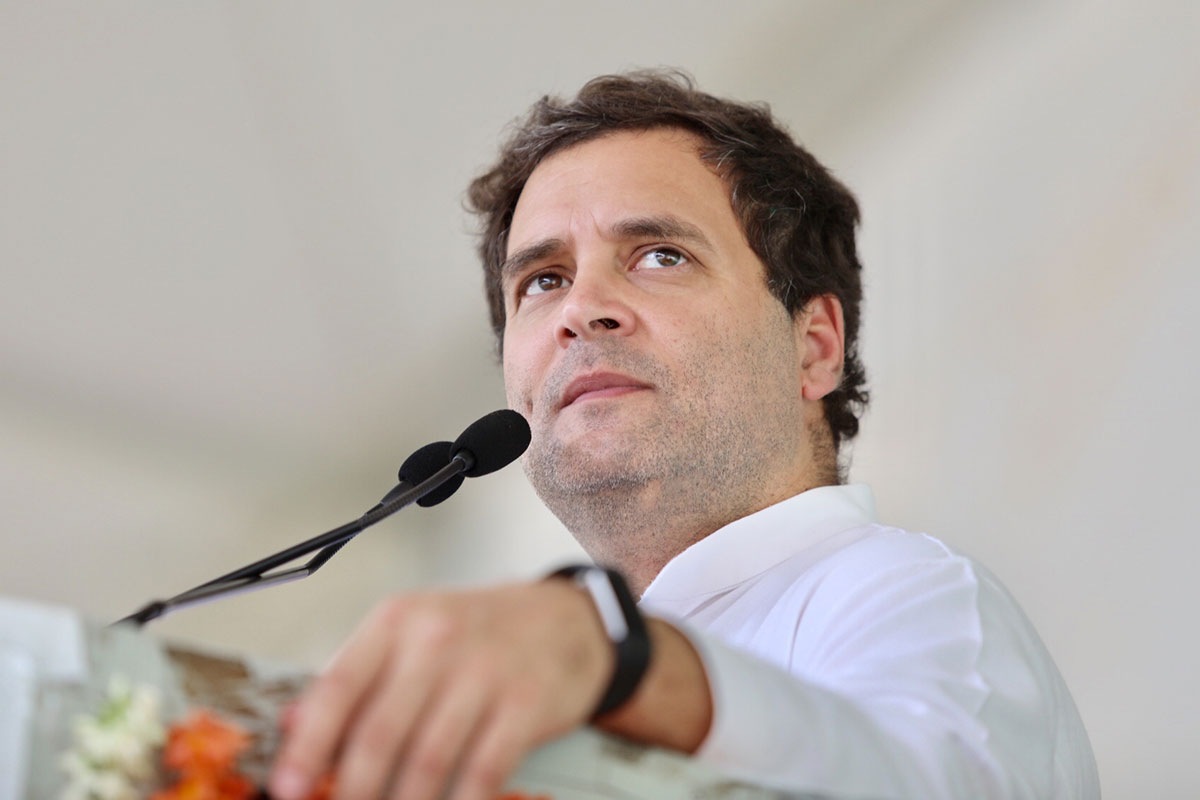

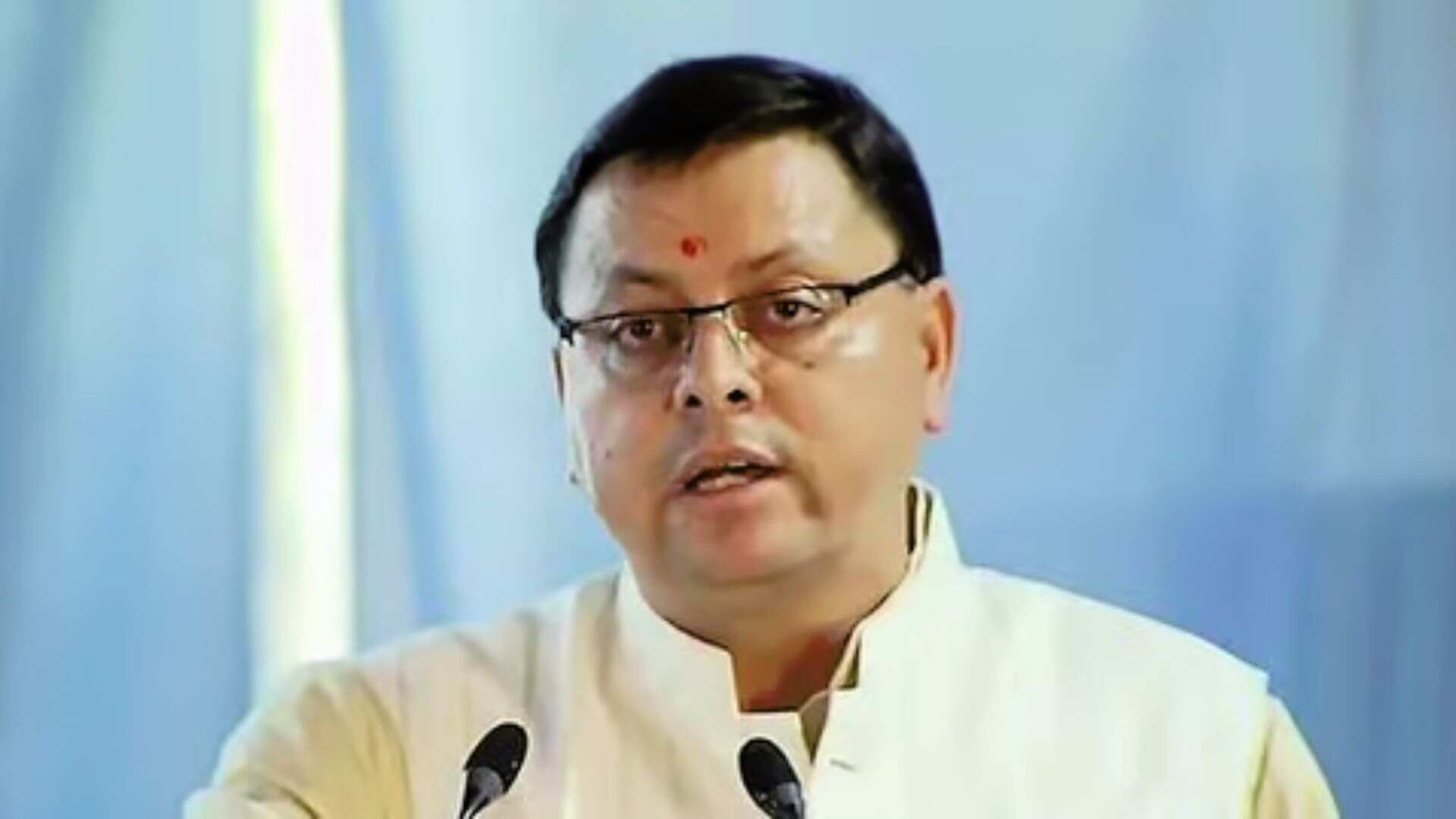
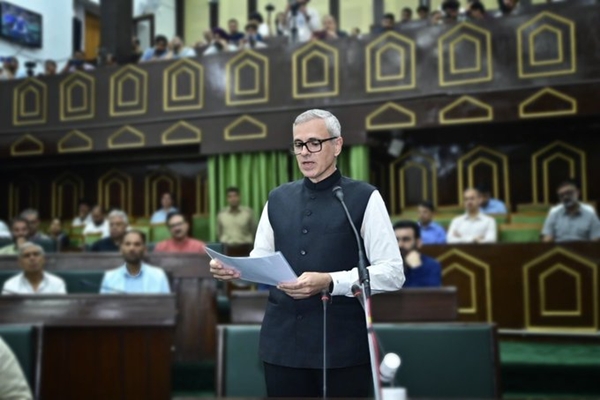
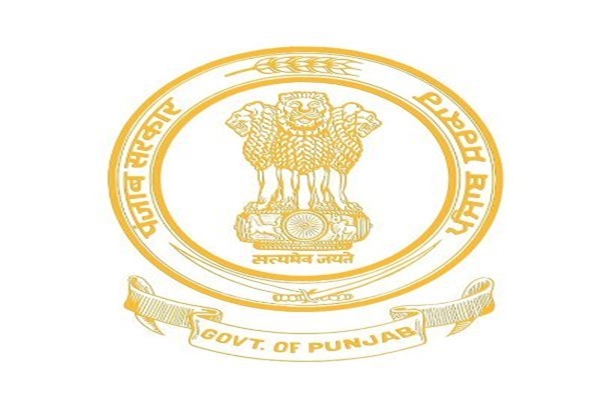
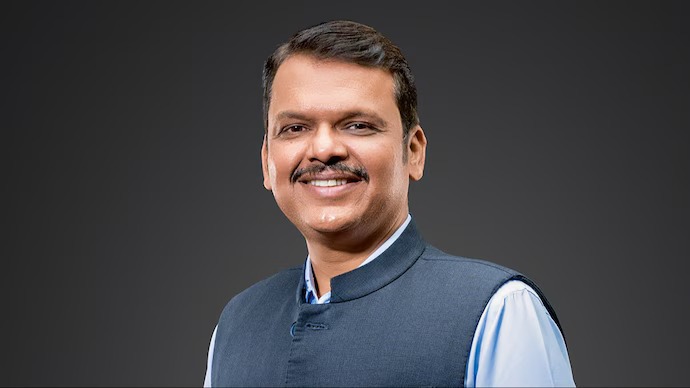
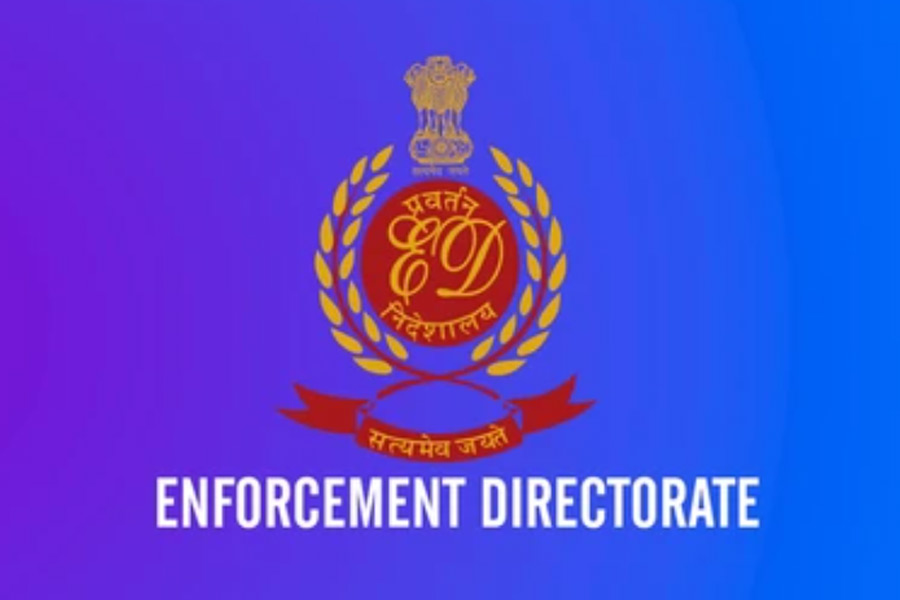
.jpg)
.jpg)
.jpg)
.jpg)
.jpg)
.jpg)
